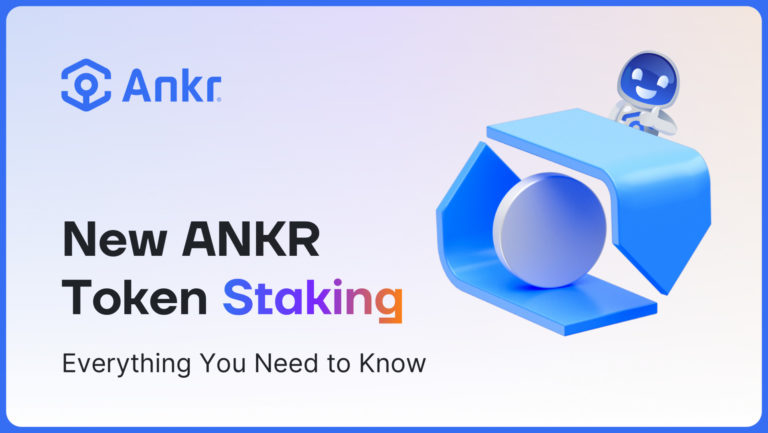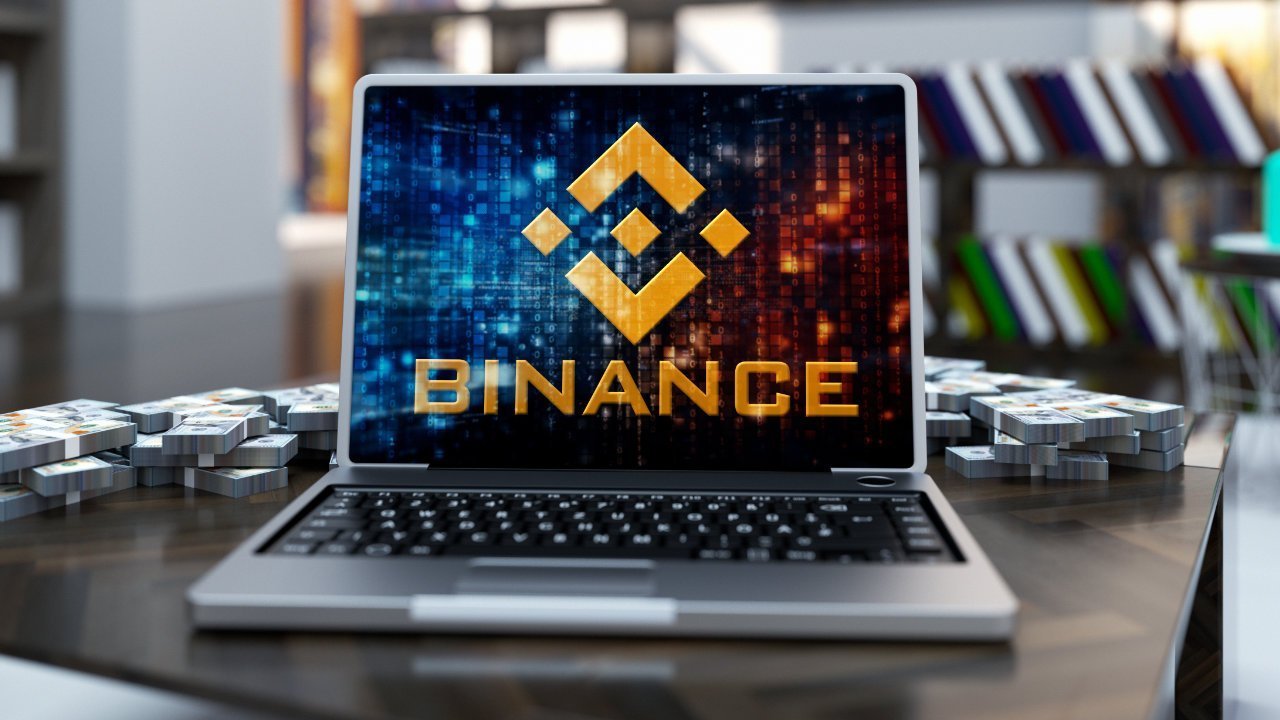Share this article
Ankr, one of the world’s leading Web3 infrastructure providers, is thrilled to announce a novel implementation of staking to an array of node providers on Ankr Network, the increasingly decentralized RPC network providing this first-of-its-kind solution for enterprise Web3 infrastructure. For the first time ever, Web3 users will be able to stake to full and archive nodes on blockchains to earn a share of the fees paid to node operators for access to blockchains.
The Ankr Network 2.0
The Ankr Network provides fundamental infrastructure technology that helps blockchain networks run faster and more reliably by connecting a global network of operators who run enterprise-grade nodes with Web3 developers, dApps, and enterprises to facilitate crypto transactions. Ankr recently unveiled its biggest ever upgrade to this service, the Ankr Network 2.0, outlining its transition from a centralized infrastructure platform to a decentralized infrastructure protocol. The move puts Ankr in a class of its own as the largest decentralized infrastructure provider in the space and the only enterprise-grade decentralized infrastructure provider.
With the launch of ANKR token staking, all token holders will now have the opportunity to directly participate in the growth of Web3 systems. With over 7 billion traffic requests moving through the network daily, the 2.0 upgrade allows for node providers to join the network and for token holders to stake and earn fees alongside these node providers.
Greg Gopman, Chief Marketing Officer at Ankr, said:
“Today marks a monumental achievement for Ankr. One where we have moved from a centralized infrastructure provider to a truly decentralized protocol solution, where token holders can contribute and earn across the network with us. This puts Ankr in a class of its own, as not only one of the best technology companies in the industry, but one of the best pure plays for aligning with Multichain growth across Web3.”
Not a Proof-of-Stake blockchain itself, Ankr supports all major PoS blockchains as a protocol that operates a vast network of nodes on both the development layer (full nodes) and the consensus layer (validator nodes). The network currently serves over 80% of blockchain traffic on Polygon, Fantom, and BNB Chain and has a chance to be the market leader on Ethereum too as it moves to Proof of Stake, where Ankr usually wins on speed and pricing.
Staking is essential in keeping the network running smoothly as it ensures node providers keep within performance standards, which in turn ensures that developers receive extremely fast and reliable returns for all RPC requests made.
To earn the right to serve RPC traffic coming to the network, node providers need to self-stake 100,000 $ANKR to their nodes, which acts as an insurance deposit. In addition, token holders will have the ability to signal support for individual node providers on the network by staking ANKR to back their nodes. By delegating ANKR to node providers, community members play an active role in discerning which service providers are reputable, performant, and worthy of a reputational boost.
Once their nodes are serving blockchain request calls coming to Ankr Network, node providers are able to receive ANKR rewards for every request served. From all rewards coming to the independent nodes on Ankr Network:
- 70% goes to the node — broken down into 49% for the staking insurance pool (individual stakers) and 51% for the self-stake pool (node provider)
- 30% goes to the Treasury (controlled by Ankr DAO)
Since nodes will serve local traffic in their respective parts of the world, Ankr Network can achieve extremely low latency thanks to vast geo-distribution. It also enables the free market to influence where nodes are located.
Ankr has built out the largest global node network in the industry, creating the foundation for the future of Web3. It currently serves around 250 billion blockchain requests a month across 30 different chains and runs RPC services for 18 blockchain partners, making it the largest RPC provider in the industry. Ankr also offers a suite of developer tools including the Liquid Staking SDK, Web3 Gaming SDK, and App Chains As a Service that empower dApp developers to build Web3 apps quickly and easily.







